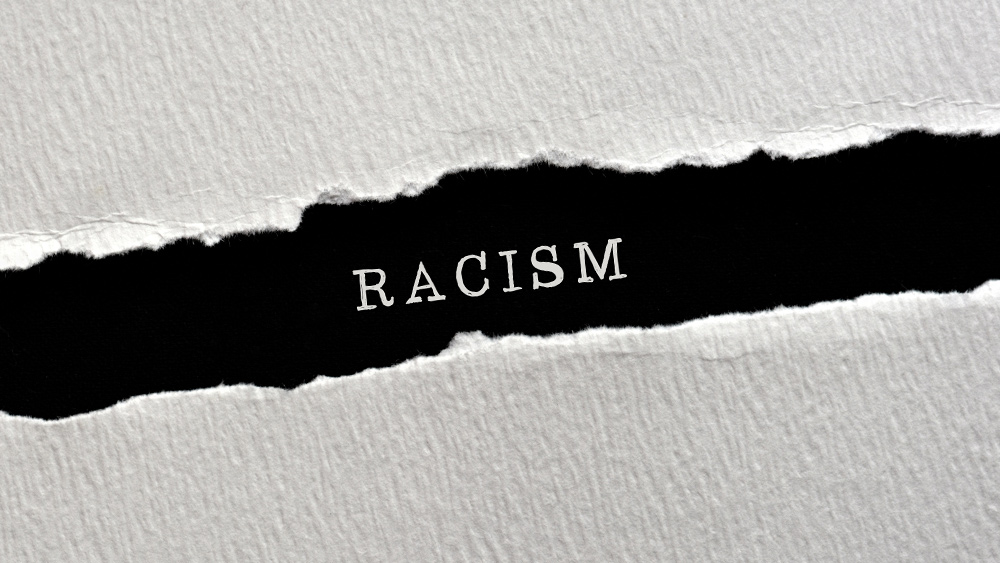 Parler
Parler Gab
Gab
Wang has one idea why — and it’s one that he was warned about when he began the application process. In short, Wang blames the paradoxically named “affirmative action” that is neither affirming nor helpful for his issues. Wang told Fox that when he began applying for school, his friends and counselors warned that “it’s tougher to get in, especially as an Asian-American.” Apparently, the color of Wang’s skin and ethnic background (his parents are both first-generation Chinese immigrants) matters to schools — and not in the “good” way that skin color and ethnicity usually matter when discussing minorities. That’s because, for all intents and purposes of “affirmative action,” you may as well take away the “Person of Color” qualifier from Asian Americans. Look no further than the loaded language used by CNN to describe the fact that Asian-Americans make up nearly 28 percent of Harvard’s admitted class of 2026: “Demographically Overrepresented.” Why does demographic representation matter when it comes to (what should be) an educational meritocracy? (Also, how incredibly offensive is it to all parties involved that schools are apparently saying that the only way for certain people of color to succeed in school is for other people of color to be artificially tamped down?) Regardless, according to simulations run by the advocacy group Students for Fair Admissions, Wang’s Asian background reduced his chances of getting into the school of his choice by about 75 percent. “I gave them my test scores, and then they must’ve ran the model on that… [they] told me I had a 20 percent chance of getting accepted to Harvard as an Asian-American and a 95 percent chance as an African-American,” Wang told Fox. Speaking of Students for Fair Admissions, if that group sounds at all familiar to you, that’s because it is involved in two separate, but related cases involving Harvard and the University of North Carolina, and both of those cases are currently sitting in front of the Supreme Court. In the Harvard case specifically, according to CNN, Students for Fair Admissions is alleging that the school discriminates against Asian-American by, effectively, holding them to a different standard than other applicants. Indeed, there has always been something that has felt a bit off about “affirmative action.” Apart from the obvious offensiveness of it all, in what world does it make sense to minimize academic merit in … academia? It makes no sense, it’s backward, and it’s the kind of nonsense that Students for Fair Admissions is trying to eliminate, with the ultimate goal of overturning the 2003 precedent case of Grutter v. Bollinger, which found that schools using race as a factor in admissions was not unconstitutional. Depending on how these Harvard and UNC cases go with SCOTUS, that goal could be closer to fruition than ever. And if that precedent case is overturned, students of all races and ethnic backgrounds can focus solely on their academics when trying to get into institutes of higher education, as opposed to things that are literally out of their control. Anyone who complains about that clearly doesn’t care about students or universities. Read more at: WesternJournal.comMeet Jon Wang, an 18-year-old Chinese-American from Florida.
He was rejected by 6 elite schools despite scoring 1590 on the SAT (out of 1600) and having a 4.65 GPA. "They all told me that it's tougher to get in, especially as an Asian American," Jon told Fox News.… pic.twitter.com/2no0r2h9Qj — Caleb Parke (@calebparke) June 9, 2023
Abortions in Illinois surge 54% as neighboring states enact pro-life legislation
By Belle Carter // Share
By Arsenio Toledo // Share
Daniel Ellsberg is lauded in death by the same media that lets Assange rot in jail
By News Editors // Share
Governments continue to obscure COVID-19 vaccine data amid rising concerns over excess deaths
By patricklewis // Share
Tech giant Microsoft backs EXTINCTION with its support of carbon capture programs
By ramontomeydw // Share
Germany to resume arms exports to Israel despite repeated ceasefire violations
By isabelle // Share










